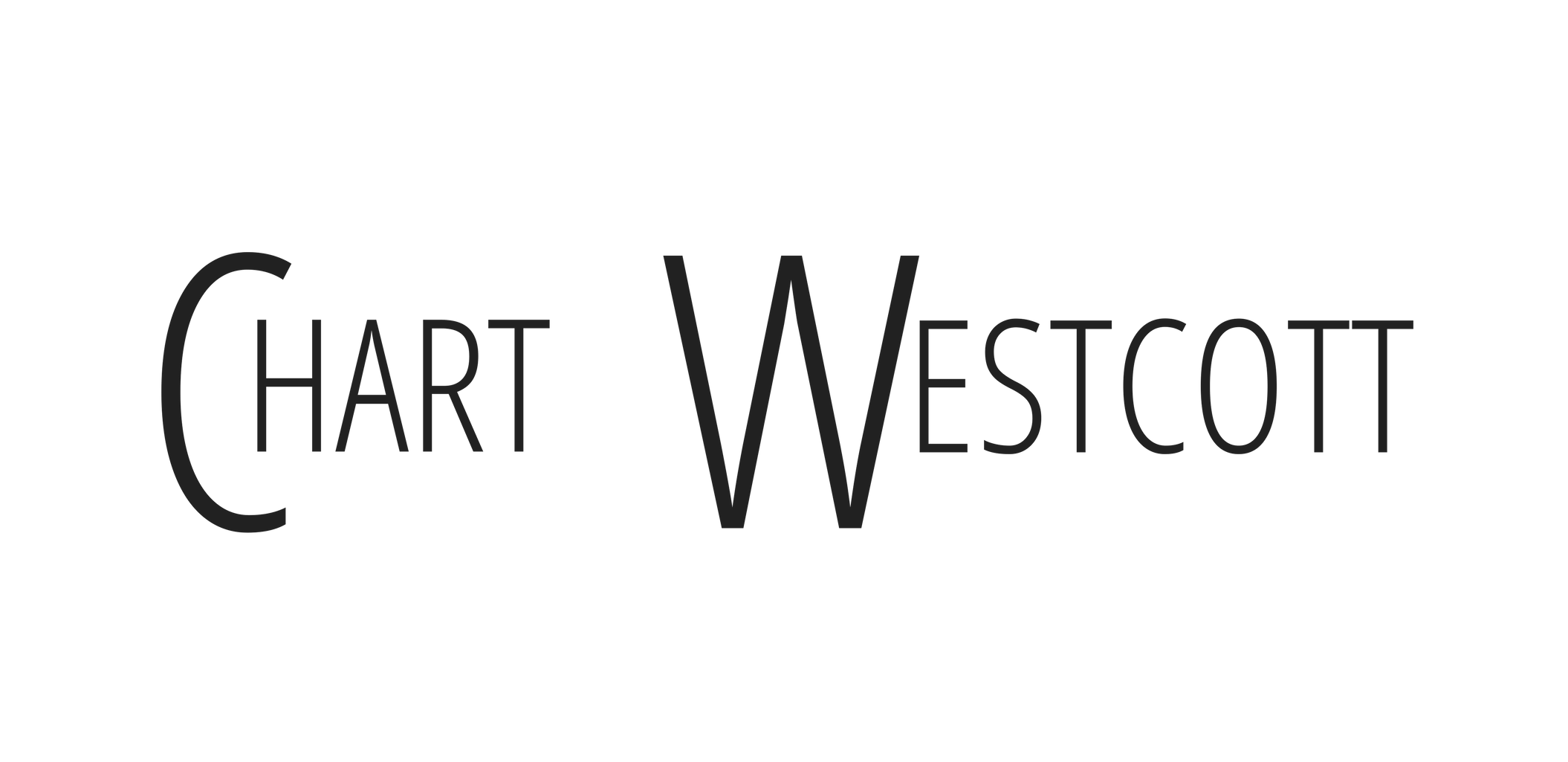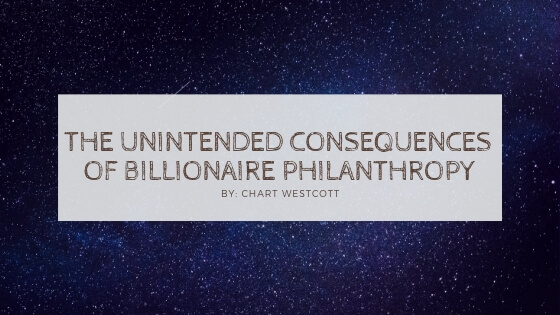In recent years we have seen many more billionaires, and wealthy CEOs pour their fortunes into philanthropic giving. One recent example of this is fourteen billionaires signing the Giving Pledge. Under this pledge created by Bill and Melinda Gates, wealthy individuals agree to donate more than half their wealth to charitable causes. By signing this pledge, the top one percent of the United States hopes to encourage others to give back in helpful ways. Many of the signers have given their wealth to causes such as disaster relief, environmental sustainability, medical research, and education. The founder and CEO of Facebook, Mark Zuckerberg and his wife Chan have also decided to donate some of their fortunes. Specifically, the Chan Zuckerberg Foundation gave over three million dollars in grants to help with the housing crisis in Silicon Valley.
But are these individuals aware of the unintended consequences of their actions? Even though their donations are generous, wealthy CEOs and families can be contributing to a cause or issue that they may have helped create in the first place. Most contributions made by these top CEOs receive tax breaks and have minimal regulation. CEOs like Zuckerberg are still able to control where these funds are going. Thus unintentionally feeding it into other companies and political campaigns. These companies and political entities the Zuckerbergs donate to don’t directly have an impact on the community at a ground level. Big donations may not be focusing on the actual needs of our society. The Guardian states that “All of this is not to say that Zuckerberg’s motives do not include some expression of his own generosity or some genuine desire for humanity’s wellbeing and equality.”
While these donations are fantastic, some suggest that we need to shift our focus to making contributions that do impact society on a ground level and in the “Short-Term”. Jeff Bezos, the founder of Amazon, is trying to shift that focus by asking people directly what they need currently. He has crowdsourced by asking for the public’s opinion on Twitter as an “open call for advice.” Arguably, this may not be the best way to ask for a large opinion, but it can be a step in the right direction. Unintentionally, many CEOs and wealthy families philanthropic donations are not impacting the public on the ground level. Luckily, steps by Bezos and others like him can help to combat these unintended consequences.

